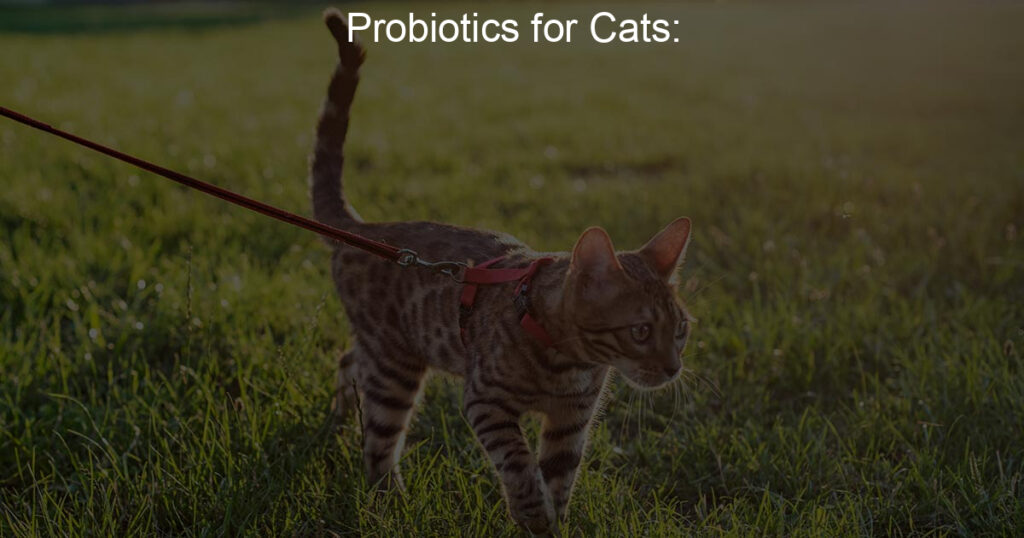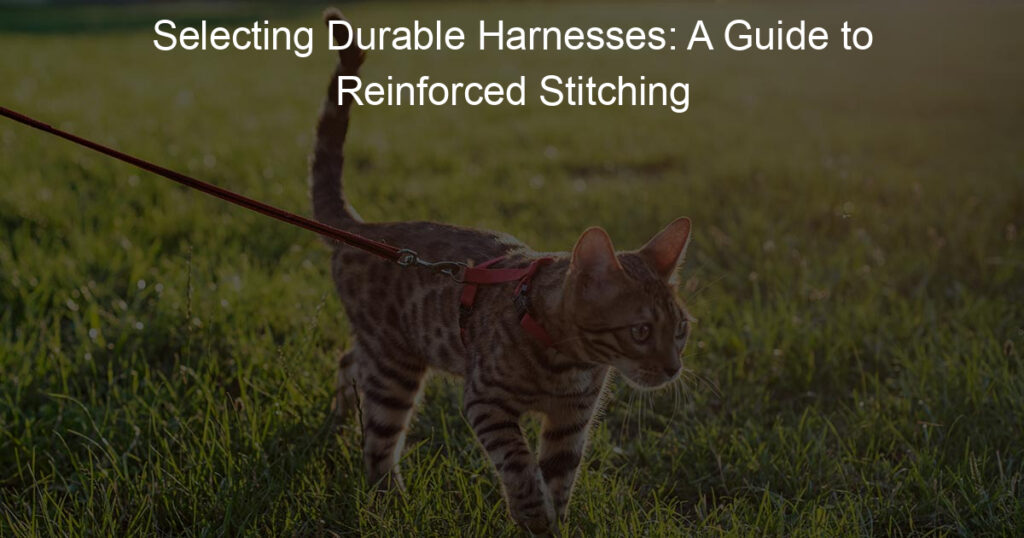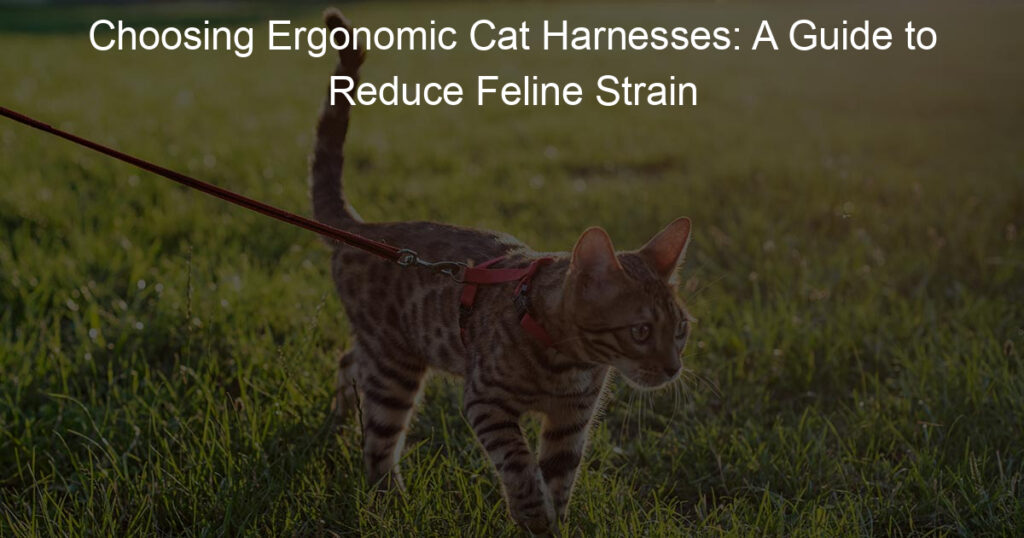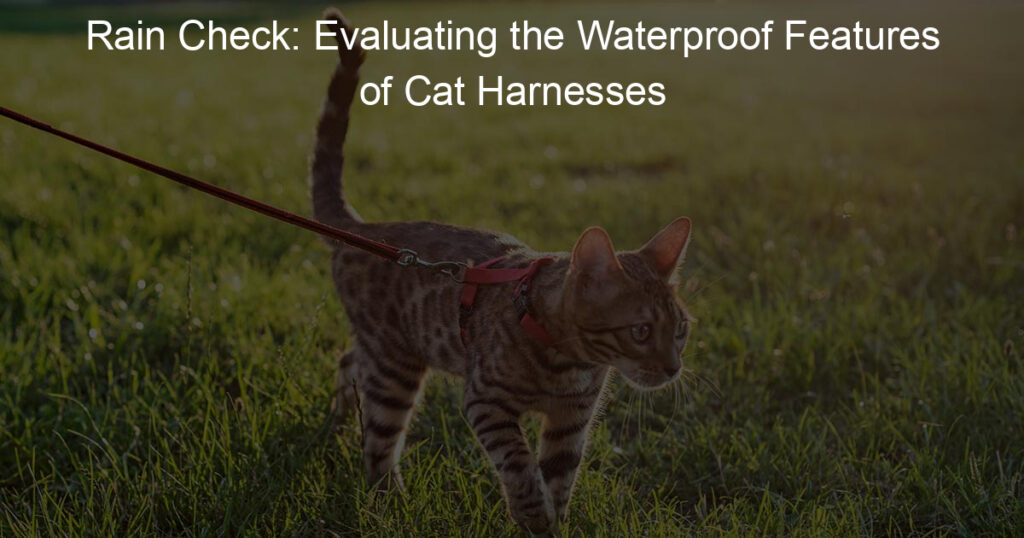Do you want to give your beloved cat the best health possible? You may have already heard of probiotics for humans, but did you know that offering your feline friend a daily dose of probiotics can improve their digestive and immune system health?
With so many types of probiotics now available on the market, it can be tricky to choose which one is right for your pet. In this article, we’ll break down what exactly cat probiotics are, as well as take a look at why they may be beneficial for cats and how to make sure you are selecting the most effective product.
Read on to discover more about how giving your precious kitty a quality source of probiotic supplement could bring them long-term benefits!
Should cats take probiotics?
If you’re a cat parent, you may often worry about the health of your furry friend. One effective measure to ensure healthy digestion is giving your cat probiotics. Probiotics are beneficial bacteria that can help restore gut microbial balance.
This helps cats fight off digestive issues such as diarrhea and constipation, so it’s important to consider adding probiotics to your cat’s diet if he’s been experiencing digestive issues. On top of that, probiotics have also been known to have additional benefits, such as improving immune system functioning and aiding with weight loss and metabolic health.
So while there might not be any definitive evidence yet on the efficacy of probiotics in cats, it doesn’t hurt to consider this natural remedy as a way to keep them happy and healthy.
What kind of probiotics can I give my cat?
For cat lovers who want to give their furry friends the best possible care, probiotics are a great way to boost their overall health and well-being. While not every probiotic on the market is suitable for cats, there are special formulations designed specifically to meet the nutritional needs of felines.
Probiotics can help cats with digestion, immunity, and skin issues, as well as provide general maintenance for healthy fur and coat. When looking for the right probiotic, be sure to read the label carefully and make sure it is intended for cats in particular.
You should also consult your vet before starting any new supplement regimen for your cat. With the proper precautions taken, probiotics can become an important part of making sure your cat lives a long and healthy life by your side.
What are the side effects of probiotics for cats?
Most pet owners are now aware of the benefits of probiotics for cats, but there is also a potential for side effects. Depending on your cat’s specific needs, it is important to be aware of some of these potential issues.
In some cases, cats using probiotics may experience an increase in gas or bloating due to the extra bacteria inside their intestines. Others could suffer from nausea or vomiting if they are not used to this supplement or don’t react well to the increase in metabolism caused by probiotics.
Additionally, administering a high dosage of probiotics can cause diarrhea in cats with sensitive stomachs. Although these side effects can be concerning, many pet owners report seeing positive changes when giving their cats safe and effective doses of probiotics.
How often should you give a cat probiotics?
Cats rely on healthy gut bacteria to help them digest their food, and probiotics can be a great way to improve your feline’s gastrointestinal health. Vet experts suggest that giving your cat probiotics at least once daily is the most beneficial for optimal digestive health.
It is important to consult with your vet first to determine if using probiotics long-term is right for your pet, as well as which type of supplement would be best for them. For example, some cats may benefit from a yogurt or vegetarian alternative while others may need probiotic pills or powders specifically designed for animals.
With careful consideration and guidance from a professional, providing your kitty with probiotics on a daily basis can make all the difference in helping them maintain good digestive health!
Can you mix probiotics with water for cats?
Learning how to best care for our beloved cats is always of utmost importance. One popular method of administering proper nutrition to felines is by providing probiotics in some form or another.
Many cat owners wonder if they can mix these probiotics with water, as this would make it easier to administer the product and also ensure their cat drinks enough water in the process. To answer this question, there are a few things to consider: first and foremost, the specific probiotic must be designed for cats and not for other animals.
Additionally, make sure the water you use is safe for your pet, such as filtered or bottled water free of bacteria. If you follow both these guidelines, mixing probiotics with water should have no negative impact on your pet’s health and can make it easier for them to receive their prescribed dose every day!
Final Thoughts
As with all aspects of your cat’s health, it’s always best to check with your veterinarian before you introduce any supplements, including probiotics. While probiotics have been proven to work for cats in many cases, there may be situations that would make them inappropriate for your particular pet.
That being said, if your cat is otherwise healthy and has no underlying medical conditions, adding probiotics to his or her diet can be beneficial in providing immune support and aid with digestion.
Ultimately, a balanced diet that includes adequate amounts of nutrients from food sources are most important for cats’ overall health. By supplementing with quality probiotics tailored specifically for felines, you can give your pet an extra boost of goodness that will help them stay healthy and happy for years to come.












